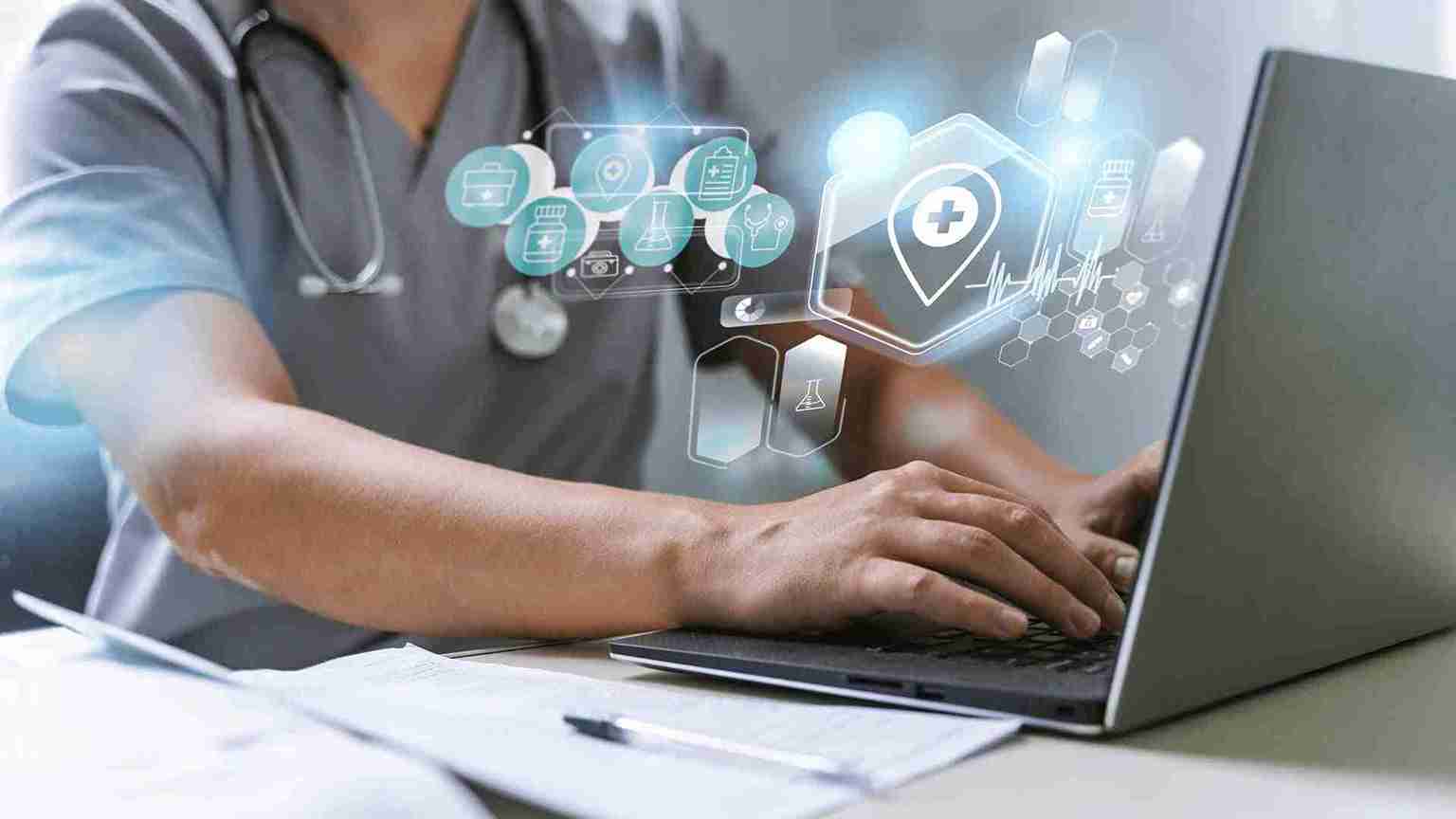Healthcare remains a fundamental aspect of our lives. This sector has undergone numerous changes that are positively impacting patient care. While a specific area of this industry still needs advancement. That is where Patient Management software comes into the picture.
Over time we have witnessed an increasing trend toward the use of software in the healthcare industry. Furthermore, this change has transformed the entire patient care dramatically.
This article will explore everything you should know about
Patient Management Software: Understanding the importance
Patient management software is a tool designed to look after administrative tasks including patient record-keeping. Furthermore, healthcare providers use it for customer coordination along with managing their medical history.
Manual patient care is a resource-intensive task that may result in costly errors. Therefore, user-friendly software can help healthcare practitioners automate their routine tasks like
- Patient admissions
- Referral management
- Processing of payments
- Storing electronic health records
When using this tool, you can also access a dedicated portal to check the patient’s medical history including his test results and overall progress in a specific tenure
Reasons to Use Patient Management Software
Patients’ expectations are increasing over time, requiring high-quality patient care these days. Therefore, healthcare experts must go beyond only taking care of their basic requirements. Adequate patient management is key to assisting patients In accomplishing desired outcomes quickly.
Using software is key to ensuring patients’ safety to organizing everything like
- Workflow
- Appointment history
- Business Analytics
- Billing records
This adaptive approach not only saves your time but minimizes the chances of costly errors. Moreover, it will lead to an improved overall patient care mechanism both directly and indirectly. Ultimately, your patients will be more satisfied and aware of their friends about how well your medical facility is treating them.
Using patient management software will also help your organization to scale gradually while providing top-quality patient care.
Benefits
These days medical facilities like hospitals and clinics are focusing on increasing operational efficiency. They strive to reduce excessive costs and increase the workflow. An easy way of achieving this milestone is patient management software.
Ease of Appointment Scheduling
Appointment scheduling remains a crucial aspect that initiates patient-doctor interaction. These days’ patients prefer booking an online appointment to save time and receive the best medical attention. Manual processes may increase your time and cause delays in patient care. Therefore, software can help you make things easier.
Moreover, efficient software enables healthcare providers to schedule appointments for the future. It will help in monitoring and recording essential information from multiple sources. Therefore, allowing doctors to follow up and minimize no-shows.
Convenient Record Management
Healthcare providers are responsible for tracking and recording Patient’s medical history. Efficient recording allows you easy access to the patient details like
- Payment details
- Medical History
- Lab Tests
- Demographic information
Track Patient Interactions
The Patient Management system keeps track of and improves patient contracts. Moreover, It performs all these actions even before a patient enters the facility. Consequently, the software generates an electronic form that patients fill upon their arrival. It plays a key role in speeding up the process and reducing the overall downtime required in completing the paperwork.
Analytics and Reporting
Analytics and Reporting software provides healthcare providers with powerful tools to analyze trends and track outcomes, enabling data-driven decision-making. By leveraging these capabilities, providers can improve patient care and operational efficiency.
They can identify patterns, assess performance, and implement targeted interventions to enhance overall healthcare delivery. These solutions offer comprehensive reporting features that facilitate informed decision-making processes, ultimately leading to better patient outcomes and streamlined operations within healthcare organizations.
Interoperability
Interoperability in patient management software allows seamless connection with various healthcare systems and electronic health records (EHR). This integration enables the smooth sharing of patient data among different providers and systems, promoting collaboration and enhancing patient care.
Healthcare professionals can access comprehensive patient information regardless of the system they use, therefore leading to improved coordination of care and better health outcomes for patients. This streamlined data exchange facilitates efficient communication and decision-making across the healthcare continuum.
Factors to Consider When Choosing Patient Management Software
When choosing a patient management software, consider factors like ease of use, integration capabilities, security features, and scalability to meet your clinic’s needs efficiently.
| Factors to Consider | Explanation |
| Ease of Use | Intuitive interface and user-friendly features for efficient navigation and workflow management. |
| Integration Capabilities | Ability to integrate with existing systems like EMRs, billing software, and laboratory systems. |
| Security Features | Robust security measures including data encryption, access controls, and regular updates. |
| Scalability | Ability to adapt and grow with your clinic’s needs, accommodating increasing patient volume. |
| Cost-effectiveness | Balance in upfront costs, ongoing maintenance fees, and potential return on investment. |
| Customer Support | Availability of reliable customer support for troubleshooting and assistance when needed. |
Conclusion:
Patient management software has revolutionized healthcare efficiency by automating administrative tasks, improving appointment scheduling, enhancing record management, and enabling better patient care.
With features such as interoperability, analytics, and reporting, patient management software empowers healthcare providers to make data-driven decisions. Moreover, Healthcare facilities can optimize their operations, streamline workflows, and ultimately enhance patient outcomes by considering key factors when choosing at software.
Frequently Asked Questions (FAQs)
How does patient management software improve the efficiency of healthcare facilities?
It automates administrative tasks such as patient admissions, referral management, and payment processing, saving time and minimizing errors.
Can patient management software help in reducing no-show appointments?
Yes, this tool enables efficient appointment scheduling and reminders, reducing the likelihood of no-show appointments.
How does patient management software contribute to improved patient care?
Patient management software allows healthcare providers to track and record patients’ medical history, payment details, lab tests, and demographic information conveniently.
What factors should be considered when choosing patient management software for a healthcare facility?
When selecting a software, factors such as ease of use, integration capabilities, security features, scalability, cost-effectiveness, and customer support should be considered.




